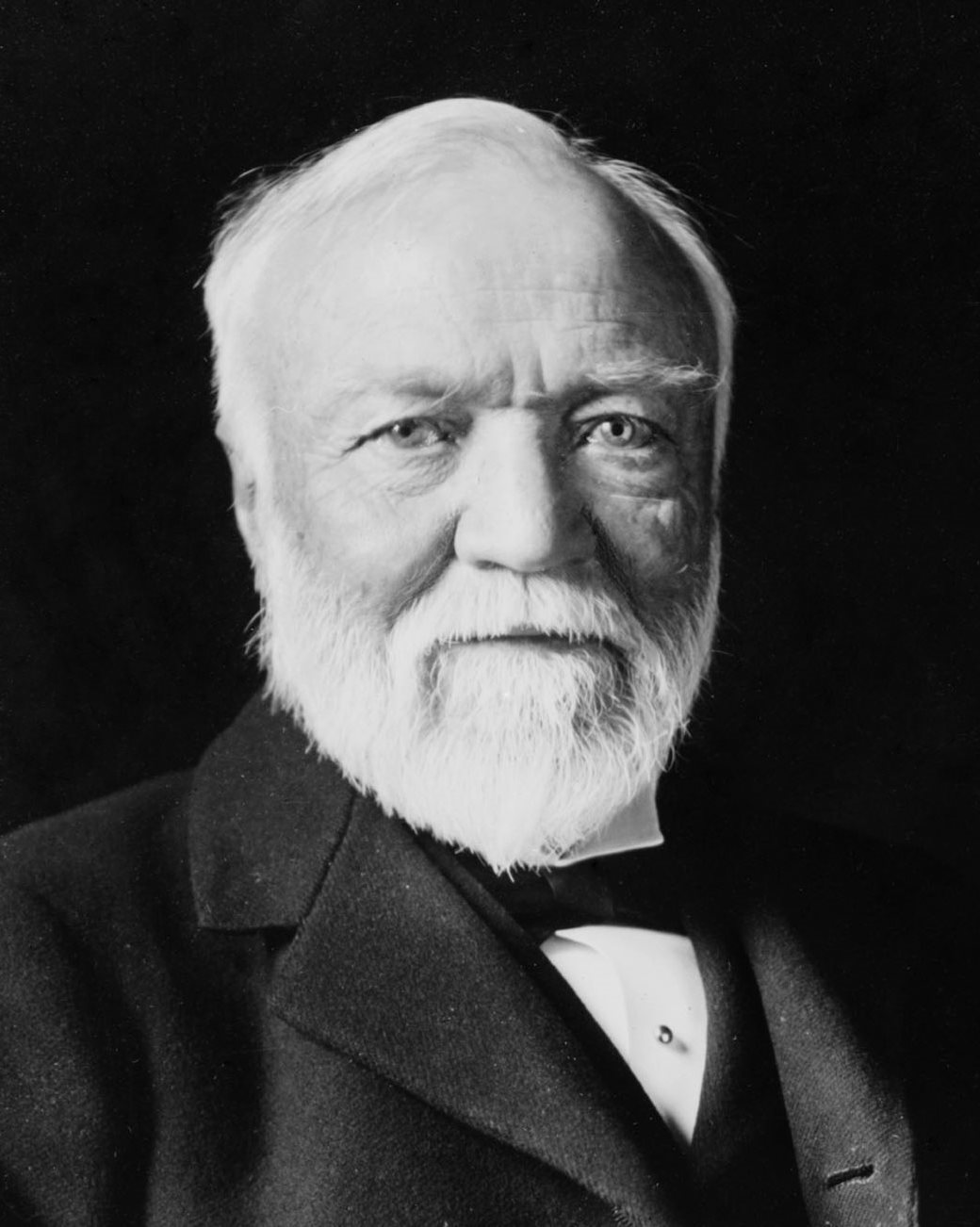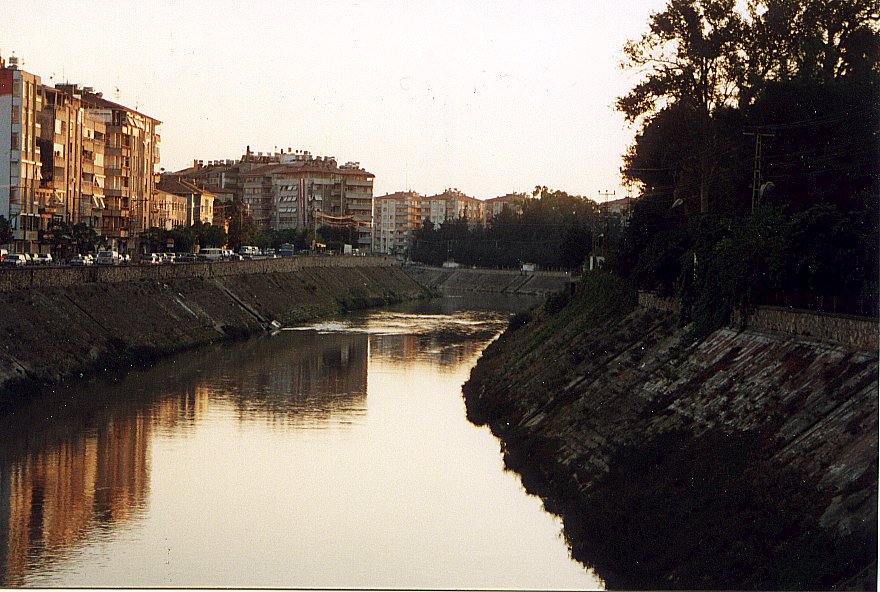|
Baba Amr
Baba Amr ( ar, بابا عمرو/ALA-LC: ''Bâba ʿAmr'') is a city district (''hayy'') in southwestern Homs in central Syria. In 2004, it had a population of 34,175 (the ''hayy'' of Sultaniya which abuts Baba Amr to the south was also counted in this figure).General Census of Population and Housing 2004 . Syria Central Bureau of Statistics (CBS). Homs Governorate. Abutting Baba Amr and Sultaniya from the north and south respectively are the city districts of Inshaat and the village of Jobar. To the west are the villages of Aysun, [...More Info...] [...Related Items...] OR: [Wikipedia] [Google] [Baidu] |
Homs Governorate
Homs Governorate ( ar, مُحافظة حمص / ALA-LC: ''Muḥāfaẓat Ḥimṣ'') is one of the fourteen governorates (provinces) of Syria. It is situated in central Syria. Its area differs in various sources, from to . It is thus geographically the largest governorate of Syria. Homs Governorate has a population of 1,763,000 (2010 estimate). The Homs governorate is divided into 6 administrative districts ('' mantiqah''), with the city of Homs as a separate district. Homs is the capital city of the district of Homs. Its governor is Namir Habib Makhlouf. A Homs Governorate also formed part of Ottoman Syria, when it was also known as the Sanjak of Homs. Districts The governorate is divided into seven districts ( manatiq). The districts are further divided into 25 sub-districts ( nawahi): * Homs District (10 sub-districts) ** Homs Subdistrict ** Khirbet Tin Nur Subdistrict ** Ayn al-Niser Subdistrict ** Furqlus Subdistrict ** Al-Riqama Subdistrict ** Al-Qaryata ... [...More Info...] [...Related Items...] OR: [Wikipedia] [Google] [Baidu] |
Bedouin
The Bedouin, Beduin, or Bedu (; , singular ) are nomadic Arabs, Arab tribes who have historically inhabited the desert regions in the Arabian Peninsula, North Africa, the Levant, and Mesopotamia. The Bedouin originated in the Syrian Desert and Arabian Desert but spread across the rest of the Arab world in Western Asia, West Asia and North Africa after the spread of Islam. The English word ''bedouin'' comes from the Arabic ''badawī'', which means "desert dweller", and is traditionally contrasted with ''ḥāḍir'', the term for Sedentism, sedentary people. Bedouin territory stretches from the vast deserts of North Africa to the rocky sands of the Middle East. They are traditionally divided into tribes, or clans (known in Arabic as ''ʿašāʾir''; or ''qabāʾil'' ), and historically share a common culture of herding camels and goats. The vast majority of Bedouins adhere to Islam, although there are some fewer numbers of Arab Christians, Christian Bedouins present in the Fe ... [...More Info...] [...Related Items...] OR: [Wikipedia] [Google] [Baidu] |
Sunni Muslim
Sunni Islam () is the largest branch of Islam, followed by 85–90% of the world's Muslims. Its name comes from the word ''Sunnah'', referring to the tradition of Muhammad. The differences between Sunni and Shia Muslims arose from a disagreement over the succession to Muhammad and subsequently acquired broader political significance, as well as theological and juridical dimensions. According to Sunni traditions, Muhammad left no successor and the participants of the Saqifah event appointed Abu Bakr as the next-in-line (the first caliph). This contrasts with the Shia view, which holds that Muhammad appointed his son-in-law and cousin Ali ibn Abi Talib as his successor. The adherents of Sunni Islam are referred to in Arabic as ("the people of the Sunnah and the community") or for short. In English, its doctrines and practices are sometimes called ''Sunnism'', while adherents are known as Sunni Muslims, Sunnis, Sunnites and Ahlus Sunnah. Sunni Islam is sometimes referred ... [...More Info...] [...Related Items...] OR: [Wikipedia] [Google] [Baidu] |
Mawali
Mawlā ( ar, مَوْلَى, plural ''mawālī'' ()), is a polysemous Arabic word, whose meaning varied in different periods and contexts.A.J. Wensinck, Encyclopedia of Islam 2nd ed, Brill. "Mawlā", vol. 6, p. 874. Before the Islamic prophet Muhammad, the term originally applied to any form of tribal association. In the Quran and hadiths it is used in a number of senses, including 'Lord', 'guardian', 'trustee', and 'helper'. After Muhammad's death, this institution was adapted by the Umayyad dynasty to incorporate new converts to Islam into Arab-Muslim society and the word ''mawali'' gained currency as an appellation for converted non-Arab Muslims in the early Islamic caliphates. Etymology The word ''mawla'' is derived from the root ''w-l-y'' , meaning "to be close to", "to be friends with", or "to have power over". ''Mawla'' can have reciprocal meanings, depending on whether it is used in the active or passive voice: "master" or "slave/freedman", "patron" or "clie ... [...More Info...] [...Related Items...] OR: [Wikipedia] [Google] [Baidu] |
Hafez Al-Assad
Hafez al-Assad ', , (, 6 October 1930 – 10 June 2000) was a Syrian statesman and military officer who served as President of Syria from taking power in 1971 until his death in 2000. He was also Prime Minister of Syria from 1970 to 1971, as well as regional secretary of the regional command of the Syrian regional branch of the Arab Socialist Ba'ath Party and secretary general of the National Command of the Ba'ath Party from 1970 to 2000. Assad participated in the 1963 Syrian coup d'état which brought the Syrian regional branch of the Arab Socialist Ba'ath Party to power, and the new leadership appointed him commander of the Syrian Air Force. In February 1966, Assad participated in a second coup, which toppled the traditional leaders of the Ba'ath Party. Assad was appointed defence minister by the new government. Four years later, Assad initiated a third coup which ousted the ''de facto'' leader Salah Jadid and appointed himself as leader of Syria. Assad impos ... [...More Info...] [...Related Items...] OR: [Wikipedia] [Google] [Baidu] |
Salah Jadid
Salah Jadid (1926 – 19 August 1993, ar, صلاح جديد, Ṣalāḥ Jadīd) was a Syrian general, a leader of the left-wing of the Arab Socialist Ba'ath Party in Syria, and the country's ''de facto'' leader from 1966 until 1970, when he was ousted by Hafez al-Assad's Corrective Movement. Early life and career Jadid was born in 1926 in the village of Dweir Baabda, near the coastal city of Jableh, to an Alawite family of the Haddadin tribe. However, there is another report stating his birth year as 1924. He studied at the Homs Military Academy, and entered the Syrian Army in 1946. Jadid was originally a member of the Syrian Social Nationalist Party (SSNP), but later became a member of the Arab Socialist Ba'ath Party, led by Michel Aflaq and Salah al-Din al-Bitar, in the 1950s through an associate of Akram al-Hawrani. Even so, Jadid remained close to the SSNP; his brother, Ghassan, was one of its most prominent members in Syria. He changed allegiance again in the ... [...More Info...] [...Related Items...] OR: [Wikipedia] [Google] [Baidu] |
Ba'athist
Ba'athism, also stylized as Baathism, (; ar, البعثية ' , from ' , meaning "renaissance" or "resurrection" Hans Wehr''Dictionary of Modern Written Arabic'' (4th ed.), page 80) is an Arab nationalist ideology which promotes the creation and development of a unified Arab state through the leadership of a vanguard party over a progressive revolutionary government. The ideology is officially based on the theories of the Syrian intellectuals Michel Aflaq (per the Iraqi-led Ba'ath Party), Zaki al-Arsuzi (per the Syrian-led Ba'ath Party), and Salah al-Din al-Bitar. Baathist leaders of the modern era include the former leader of Iraq, Saddam Hussein, former President of Syria, Hafez Assad and his son, the current President of Syria, Bashar Assad. The Ba'athist ideology advocates the enlightenment of the Arabs as well as the renaissance of their culture, values and society. It also advocates the creation of one-party states and rejects political pluralism in an unsp ... [...More Info...] [...Related Items...] OR: [Wikipedia] [Google] [Baidu] |
Carnegie Endowment For International Peace
The Carnegie Endowment for International Peace (CEIP) is a nonpartisan international affairs think tank headquartered in Washington D.C. with operations in Europe, South and East Asia, and the Middle East as well as the United States. Founded in 1910 by Andrew Carnegie, the organization describes itself as being dedicated to advancing cooperation between countries, reducing global conflict, and promoting active international engagement by the United States and countries around the world. In the University of Pennsylvania's "2019 Global Go To Think Tanks Report", Carnegie was ranked the number 1 top think tank in the world. In the ''2015 Global Go To Think Tanks Report'', Carnegie was ranked the third most influential think tank in the world, after the Brookings Institution and Chatham House. It was ranked as the top Independent Think Tank in 2018. Its headquarters building, prominently located on the Embassy Row section of Massachusetts Avenue, was completed in 1989 on a ... [...More Info...] [...Related Items...] OR: [Wikipedia] [Google] [Baidu] |
Orontes River
The Orontes (; from Ancient Greek , ) or Asi ( ar, العاصي, , ; tr, Asi) is a river with a length of in Western Asia that begins in Lebanon, flowing northwards through Syria before entering the Mediterranean Sea near Samandağ in Turkey. As the chief river of the northern Levant, the Orontes was the site of several major battles. Among the most important cities on the river are Homs, Hama, Jisr al-Shughur, and Antakya (the ancient Antioch, which was also known as "Antioch on the Orontes"). Names In the 9th century BCE, the ancient Assyrians referred to the river as Arantu, and the nearby Egyptians called it Araunti. The etymology of the name is unknown, yet some sources indicate that it might be derived from ''Arnt'' which means "lioness" in Syriac languages; others called it ''Alimas'', a "water goddess" in Aramaic. However, ''Arantu'' gradually became "Orontes" in Greek. In the Greek epic poem ''Dionysiaca'' (circa 400 CE), the river is said to have been named after ... [...More Info...] [...Related Items...] OR: [Wikipedia] [Google] [Baidu] |
Homs
ar, حمصي, Himsi , population_urban = , population_density_urban_km2 = , population_density_urban_sq_mi = , population_blank1_title = Ethnicities , population_blank1 = , population_blank2_title = Religions , population_blank2 = , population_density_blank1_km2 = , population_density_blank1_sq_mi = , timezone = EET , utc_offset = +2 , timezone_DST = EEST , utc_offset_DST = +3 , coordinates = , elevation_footnotes = , elevation_m = 501 , elevation_ft = , postal_code_type = , postal_code = , area_code = Country code: 963 City code: 31 , geocode = C2528 , blank_name = Climate , blank_info = Csa , blank1_name ... [...More Info...] [...Related Items...] OR: [Wikipedia] [Google] [Baidu] |
Amr Ibn Abasah
Amr ibn Abasa ( ar, عمرو بن عبسة) was one of the Sahaba and one of the narrators of hadith. Biography By his own account, 'Amr ibn 'Abasa met Muhammad in Mecca in the early days of his prophethood, and asked him, "What are you?" He replied, "I am a Prophet." 'Amr then asked, "What is a Prophet?" He replied, "I have been sent by God." "What has God sent you with?" 'Amr asked. "With the commandment to destroy idols and to treat one's relatives with kindness; to believe in one God and not to treat anyone as His partner," replied Muhammad. He died in Homs and was buried there. He had a son named Abd-Allah.History of the Caliphs by Suyuti Jalal al-Din al-Suyuti ( ar, جلال الدين السيوطي, Jalāl al-Dīn al-Suyūṭī) ( 1445–1505 CE),; ( Brill 2nd) or Al-Suyuti, was an Arab Egyptian polymath, Islamic scholar, historian, Sufi, and jurist. From a family of Persia ..., quoting An-Nawawi See also * Baba Amr References {{DEFAULTSORT:Amr Ibn Abasah Saha ... [...More Info...] [...Related Items...] OR: [Wikipedia] [Google] [Baidu] |






.jpg)